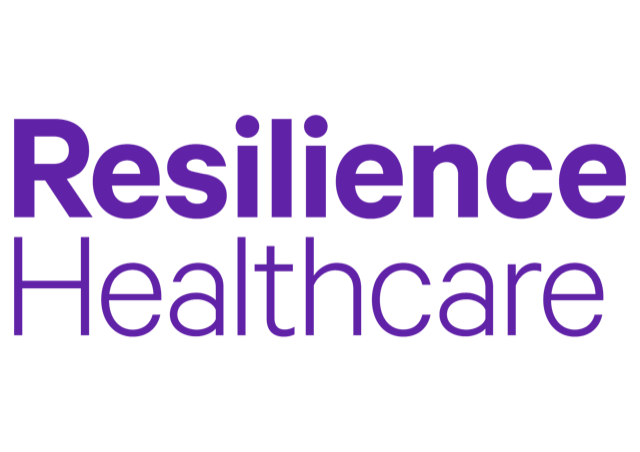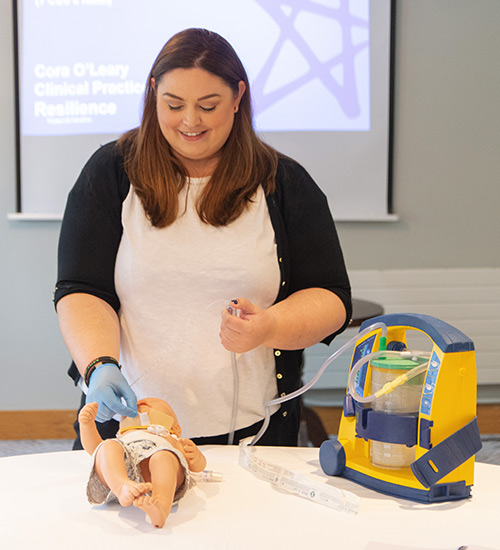Importance of Training: We're Here to Support You as You Grow

Knowing, growing and showing you want to be the best you can be is an ethic that runs deep at Advanced Community Care. That’s why we place huge emphasis on supporting our nurses to train and develop new skills.
Cora O'Leary – Clinical Practice Specialist
Nursing in the community, in a family environment, where you are dedicated to one patient, is one of the most rewarding ways of putting your skills to work. You see the difference you make every day – in big and small ways – and one of the key ways Advanced Community Care helps you really make the most of this is by supporting you in your passion to learn and grow. With this in mind, the company invests a wealth of time and resources to bring you a range of training opportunities, courses and skills enhancement.
Cora O'Leary heads up the training mandate within the company – and she herself is proof of the benefits of ongoing learning. With a background in Paediatric Nursing, Cora started at Resilience as a Team Leader, progressing to Nurse Manager before assuming her senior role as Clinical Practice Specialist.
Cora has a Masters in Nursing, completing her thesis on ‘Caring for Children Who are Technologically-Dependant in the Homecare Setting.’ She is also currently doing post-graduate studies in Clinical Health Science Education. As part of her studies, Cora was required to do 100 hours of lectures, the bulk of which have to be at a university. As a result, Cora lectured at Trinity and UCC on the complex care of children – helping to spread the word on the value of nursing within the community. In short – Cora is someone who truly understands the value of continued learning and the difference it can make to her work.

My primary role is to train our nurses to support the families they work with and to identify training needs and opportunities. I work alongside nurses, doing shadow-shifts, and help with unusual cases which allows me to see where training opportunities might lie. In tandem, I work with the universities, as well as the Nursing and Midwifery Board of Ireland, to get training days approved through the Board.
Cora is responsible for three main types of training. The first is the mandatory level of training which all nurses must undergo – comprising Children First, Patients Moving and Handling and Basic Life Support. If nurses coming on board do not have this training, the company will fund their studies.
This highly-specific type of education also includes Tracheostomy and Entro training, as well as courses in Palliative Care, Pain and Symptom Management, Epilepsy and Buccal Midazolam training.
The third area of training Cora focuses on is post-graduate studies, which is ongoing, encouraged and paid for by the company.



